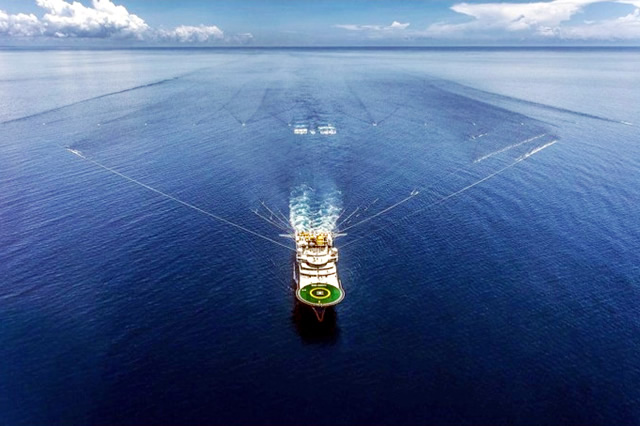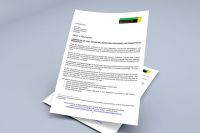MCRB hosts government-business dialogue on the offshore seismic environmental and social impact assessment (ESIA) process

On 18 August MCRB convened and facilitated a workshop to build shared understanding between companies and Myanmar government authorities of the seismic phase of offshore exploration for oil and gas, and how it is regulated. The government provided information about the emerging Myanmar ESIA process and gave an update on the draft EIA Procedures which are awaited to implement this aspect of the 2012 Environmental Conservation And 2014 Regulations.
MOECAF confirmed that further ESIAs would be required from companies before they embarked on subsequent phases (exploratory drilling/appraisal, and oil/gasfield development). The potential environmental and social impacts of those phases are more significant, but they are dependent on the location and nature of the operations, which at the pre-exploration stage cannot be meaningfully predicted.
Companies shared experience of conducting offshore seismic operations in Myanmar (by TOTAL) and other countries and highlighted the variety of regulatory approaches including in Norway, Australia, Mozambique, Ireland and New Zealand.
The discussion focussed on the nature of the environmental and social impacts of offshore seismic studies on coastal fishing populations and the marine environment, including marine fauna, and best practice for mitigating those impacts which are generally temporary, occurring during the period that seismic studies are conducted. Typical mitigation strategies included engagement with, and understanding of, fishing communities, and approaches to minimise the impact of the sound on marine mammal populations. Suggestions were also made on ways to gather data in standardised formats which would help the government build up its baseline data, as well as other opportunities for building Myanmar capacity.
The workshop was attended by experts from ten of the international oil, and gas companies who were awarded blocks in the 2013/2014 offshore bidding round (BG, Chevron, ENI, Mitsui, Ophir, ROC, Shell, Statoil, TOTAL, Woodside) and representatives of the Ministry of Environment, Conservation and Forestry (MOECAF), including MOECAF regional offices, Ministry of Energy/Myanma Oil and Gas Enterprise(MOGE), Department of Fisheries, Directorate of Companies Administration (DICA), and officials from Rakhine and Tanintharyi General Administration Department (GAD) and Planning Department.
The Production Sharing Contracts for the new offshore blocks are currently awaiting final negotiation between the Government and the companies concerned. Following the signing of the PSCs, the companies will need to complete an ESIA for the seismic phase and submit this for approval by the government. Assuming the receipt of the necessary permits and clearances, most companies hope to undertake initial seismic exploration for a few weeks in the 'open season' (weather window) between November 2015 and May 2016.
MCRB also plans to convene a discussion between companies and civil society organisations to promote a sound basis for stakeholder engagement before, during and after the ESIA.
In response to a request from government, follow up comments on the draft EIA procedures were provided by some of the companies at the workshop, with the intention of supporting the Government of Myanmar in bringing the Procedures into line with international standards and oil and gas environmental assessment best practice.
Read also
- Rakhine State and Kyaukphyu Communities Want Companies and Government to Coordinate and Consult With Them on Community Development Programmes
- MCRB submits comments on draft Petroleum Bill
- MCRB Submits Comments to the Hluttaw on the Bill concerning Artisanal Oil Production
- Building an Effective EIA Process for Offshore Oil and Gas Operations
- Note of a Meeting on Environmental & Social Standards in the Myanmar Oil and Gas Sector
 English
English မြန်မာ
မြန်မာ မြန်မာ (unicode)
မြန်မာ (unicode)











